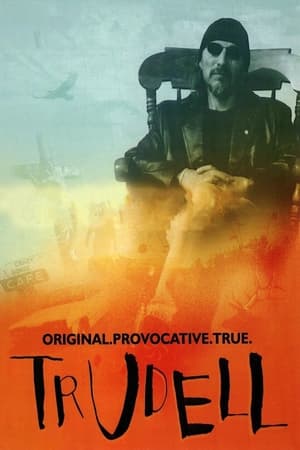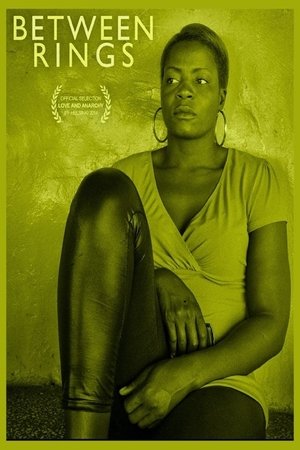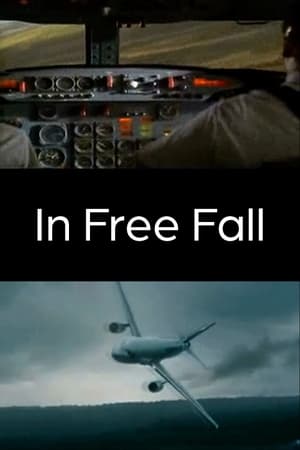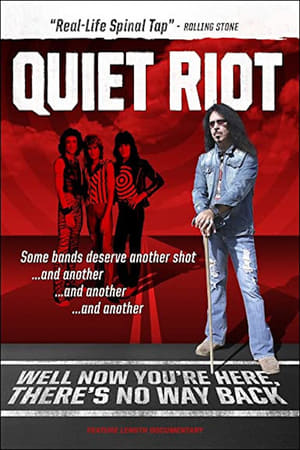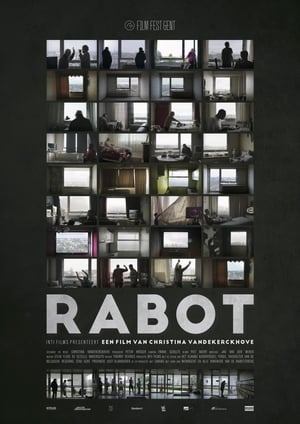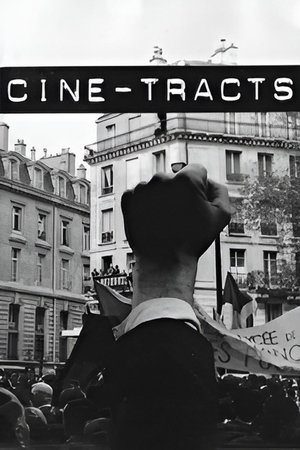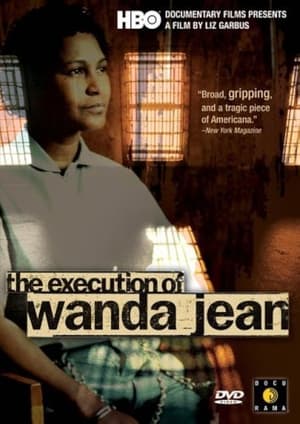Overview
Heddy Honigmann returns to her birthplace of Lima, Peru to reacquaint herself with a place and people dear to her heart. It is about a forgotten city, a forgotten history and a forgotten people. With irony as their loved weapon for survival, they have to forget as well, in order not to give way to cynicism, hatred and grief. It is about remembering the old days when life - despite class differences, corruption and violence - was still good: waiters, bartenders and shopkeepers who are fighting a losing battle and have lost everything. It is also about the children who manage to survive by mastering the art of street life and who reveal the country in it's true colours. Just like the dogs they share the streets with, they have no good memories to forget.
Reviews
Not my review, but a review by Sara Schieron on Boxoffice.com
(http://www.boxoffice.com/reviews/2009-04-oblivion-el-olivio?q=Oblivion)
Dutch documentarian Heddy Honigmann’s last film, Forever, explored the importance of art in people’s lives by interviewing visitors of the famous French Cemetary Père-Lachaise. A similarly simple approach is taken in her newest documentary, Oblivion, but here the subject explored is that of memory and its influence on wealth, politics and the people of Lima, Peru. Poetic in its structure and humane in its storytelling, Oblivion is poignant, filled with interviews that effortlessly speak volumes. Numbers may be small in theatres, as the film will find its home in metro centers known for arthouse patronage. Still, theatres in areas with Peruvian, or Latin American hubs nearby could benefit from outreach to those communities.
A young man walks through a ramshackle neighborhood in Lima, chatting with boys his age and younger, all of them are practicing handstands. They practice for their daily performances of acrobatics and juggling, which they do at intersections for tips—and they’re not a minority. Many youth perform like this, in ways both vexing and inventive. One little boy, perhaps 8 or 9, rubs a comb against a can and sings window to window. The juggler heads to a bartending class where his teacher speaks clearly and directly about the value of service and the importance of smiling at your customers—service, it is stated, is about making everyone feel welcome. This is a critical point, as the majority of the people we meet in Oblivion seem unable to make a home in their homelands due to inhospitable circumstances. They are, each in their fantastically unique ways, dispossessed.
A distinguished bartender at a luxury bar across from the Capitol Building explains that people come to Lima because they’re inventive and there’s no future where they come from. Ironically, Lima suffers from mass political corruption, at the hands of supposedly publicly elected officials who, as it’s made clear by the bartending class, have little concept of what it means to serve. The bartender tells a story about a previous Minister of Finance who never lived in Lima and came to the city just at the beginning of his term, heading straight to the bar where he gave the bartender the equivalent of two dimes and told him to buy every city paper with it. But the main city paper cost something like $2.50. The bartender identifies promptly: “What could we expect of him as a Minister of Finance?” Under this Minster, the country suffered a period of hyperinflation from which it seems to still be recovering.
The factor Honigmann weaves to unify these people is memory, particularly memory of better times. Hongimann asks most of the interviewees, if they don’t bring up the matter without her provocation, “Do you have any good memories?” And with the exception of one heartbreaking, 14-year-old shoeshine boy, who’s so clearly suffered in his short time, everyone has a story of easier days, with fewer obstacles and more warmth. As a companion to her questions about good times, Honigmann asks about bad times, in particular, when those in service were treated badly. Most say they haven’t been treated terribly but one waiter at an upscale eatery says, “I’m a good clown.” With a universe of dignity the waiter says his wife has never eaten at the restaurant where he works. He can, he explains; make those meals for her at home. He plays a folk song from his pueblo about a massacre in a town square that took two of his family members. It’s unknown still if the terrorists or the police were behind the massacre. As with this man and his wife, it’s Lima’s elders, distinct and dignified, whose silence echoes.
Honigmann dedicates the film to the memory of her friend, poet and screenwriter José Watanabe, whose poem she includes in its entirety: “Surrounded by horror, I allow myself just this silent poem.”
Source: http://www.boxoffice.com/reviews/2009-04-oblivion-el-olivio?q=Oblivion

 93 min
93 min
 4.9
4.9
 2008
2008
 Netherlands
Netherlands
 CookieCutter wrote:
CookieCutter wrote: